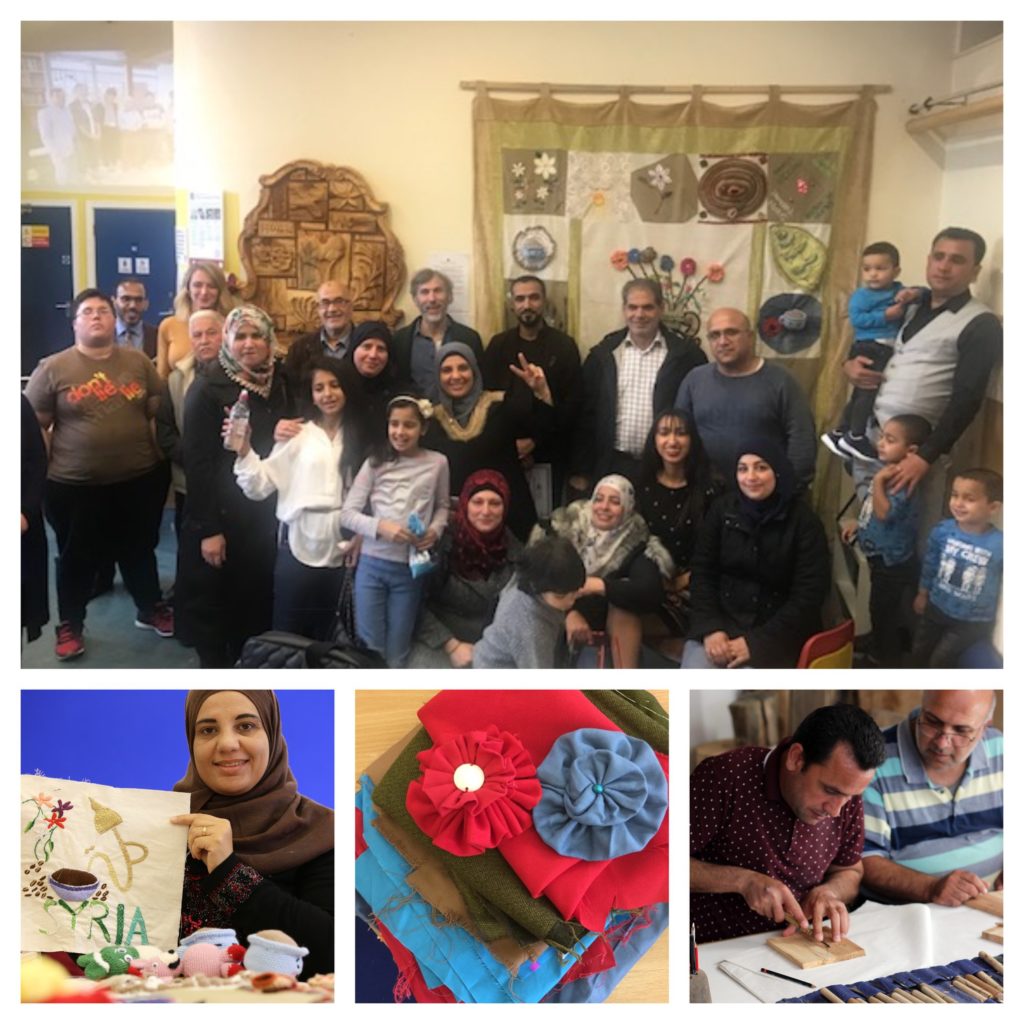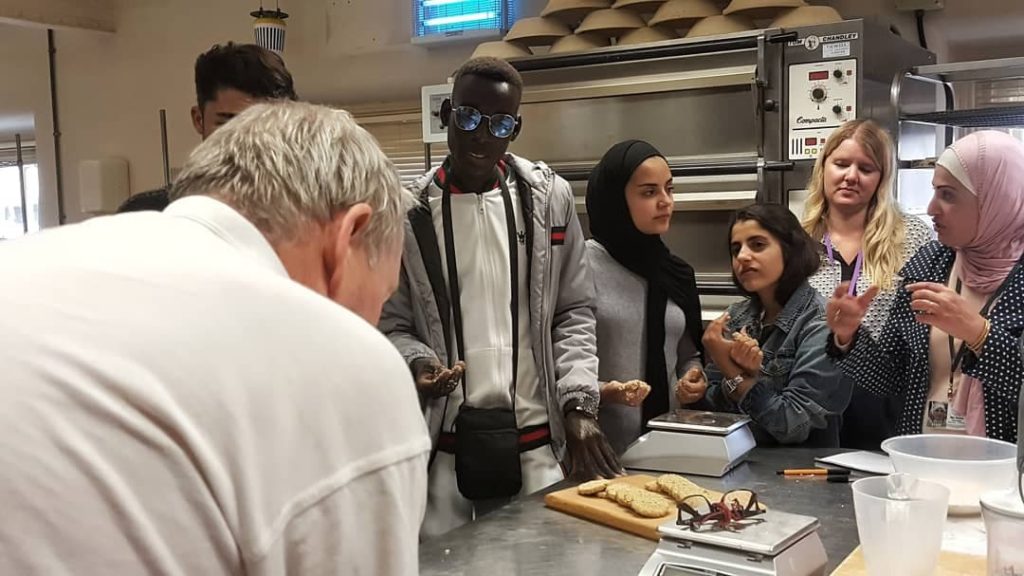The Vulnerable Persons Resettlement Scheme (VPRS) was launched by the UK government in 2014 and expanded a year later, with the aim of resettling 20,000 of the most vulnerable individuals and families affected by the Syrian conflict in five years. These individuals and families have been identified by the United Nations High Commissioner for Refugees (UNHCR), based on criteria including serious medical conditions, survivors of torture and violence, and women and children at risk. UK Resettlement Scheme (UKRS) was subsequently launched in 2021 as a continuation of the VPRS, however the eligibility criteria have expanded to accept vulnerable refugees globally.

NNRF has worked in partnership with Nottingham City and County Councils since the expansion of the VPRS in 2015, to provide specialist support to newly arrived refugee families. The Resettlement team at NNRF work with families from their arrival in the UK for a period of five years. When they first arrive, families receive intensive support from caseworkers, ensuring that they have access to benefits, healthcare, housing and education. As they continue to settle into the community, we support their integration through learning English, developing their skills to support employability and nurturing their individual goals and passions. The overall aim is to empower families to become independent and integrate into the UK.
Both VPRS and UKRS clients are predominantly Syrian, but we also support clients from Iraq, Kurdistan, Somalia and Sudan.
76 families (315 individuals) currently on the scheme
One client has started their own business since attending NNRF’s Enterprise programme, delivered in partnership with Nottingham Trent University.
0
Families receive intensive casework.
0
Clients are regularly attending ESOL classes to improve their English language skills.
0
Clients secured university places.
A VPRS family consists of an elderly mother with mobility and health issues, and her three adult children who are all blind, including a son with extreme learning difficulties, history of self-harm and outbursts of violence towards his mother. The caseworker worked closely with social services and the family for the son to move into a care home to have specialist help for his needs. The mother was worried about this decision at first and it was difficult to find somewhere suitable for the son that was not too far from the family home. A place was found and the son has adapted well and has started to understand some English. This has allowed the mother to better support her other two blind adult children. With the caseworker’s support, the family communicate with their son in the care home and also their son in Lebanon over video call.
The daughter meets a befriender twice a week, her English is improving and we hope she will be ready soon to learn how to use a white stick to help with her independence. The other son has had bouts of depression but we have provided a bus pass to another VPRS client who is also helping him and we have started to see some improvements. We have also provided a special braille typewriter for the family with the aim to help with their English.
